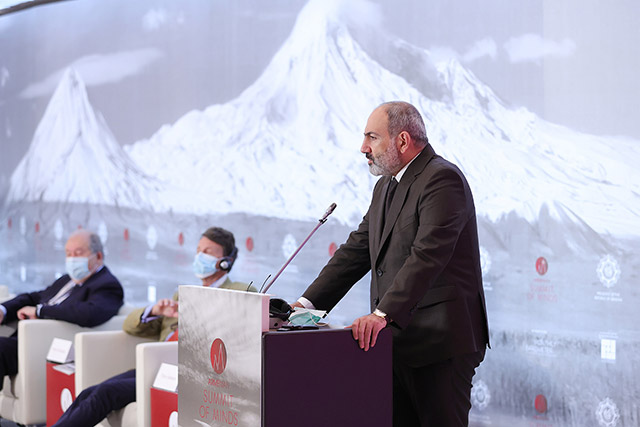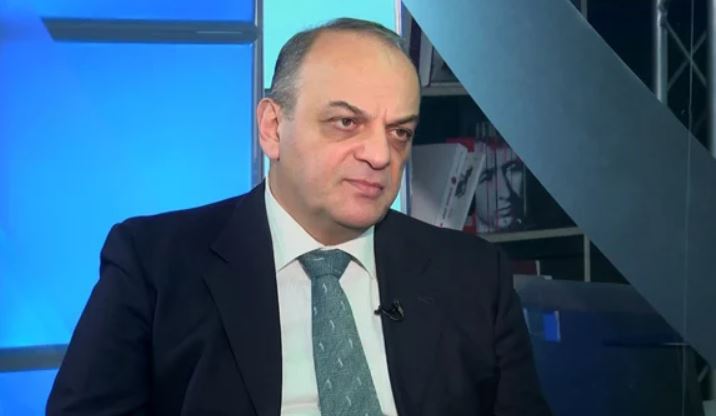Aravot Daily interviewed the Ambassador Extraordinary and Plenipotentiary of the Republic of Armenia, former Minister of Foreign Affairs of Artsakh Arman Melikyan.
– How would you assess the statements made by Russia about the blockade and demarcation? For example, these statements were made at the level of Russian President Vladimir Putin and the spokesperson for the Russian Ministry of Foreign Affairs. Does this mean that Russia clearly understands that it respects the territorial integrity of Azerbaijan and tries to resolve the border issue alone outside the framework of the Minsk Group?
– By bringing this issue to the foreground, Russia leaves out the issue of Artsakh’s future status outside the framework of Armenia-Azerbaijan interstate relations. In fact, Moscow demands that official Yerevan and Baku recognize the inter-republican administrative borders that existed in the Soviet era as an interstate border. At the same time, the Russians keep Artsakh under their military and political control, although they also recognize it as the territory of Azerbaijan.
Read also
By this logic, demarcation and mutual recognition of the borders of the Soviet period are necessary to create the preconditions for unblocking the roads. The demarcation should be based on maps kept in Moscow. In other words, Yerevan and Baku must agree on the borders drawn by Moscow.
– Prime Minister Nikol Pashinyan stated in the National Assembly regarding border demarcation issues, “I am convinced that the maps mentioned by the President of the Russian Federation, if not 100%, then 99% coincide with the borders of the Republic of Armenia described in the Law on Administrative Division of the Republic of Armenia.” The government thwarted the draft NA statement prepared by the opposition of the Parliament. Do you think the internal pressure will be able to balance the strong external pressure on Pashinyan?
– The extent to which the Prime Minister’s statements correspond to reality will become clear only when the maps mentioned by the Russian side are released. I do not rule out that the one percent difference may refer to Shurnukh, Lake Sev, and some other Armenian territories where the Azerbaijani armed forces have been illegally stationed. It can be assumed that Prime Minister Pashinyan prefers to carry out the demarcation not on the basis of the principles established by international law, but on the basis of the Law on Administrative Territorial Division of the Republic of Armenia. Since the demarcation process cannot be one-sided, let’s see what principles the Azerbaijani side will adopt in this issue and, for example, if Syunik is fully included in Azerbaijan in its law on administrative-territorial division, what will the RA Prime Minister do?
– Against the background of the further strengthening of Turkish-Azerbaijani relations, how would you assess the current stage of Armenian-Russian relations?
– Our statehood today is not in a position to build a partnership, that is, equal legal relations with Russia. It will take time and serious, purposeful, and professional effort to rectify this situation.
Tatev HARUTYUNYAN


























































